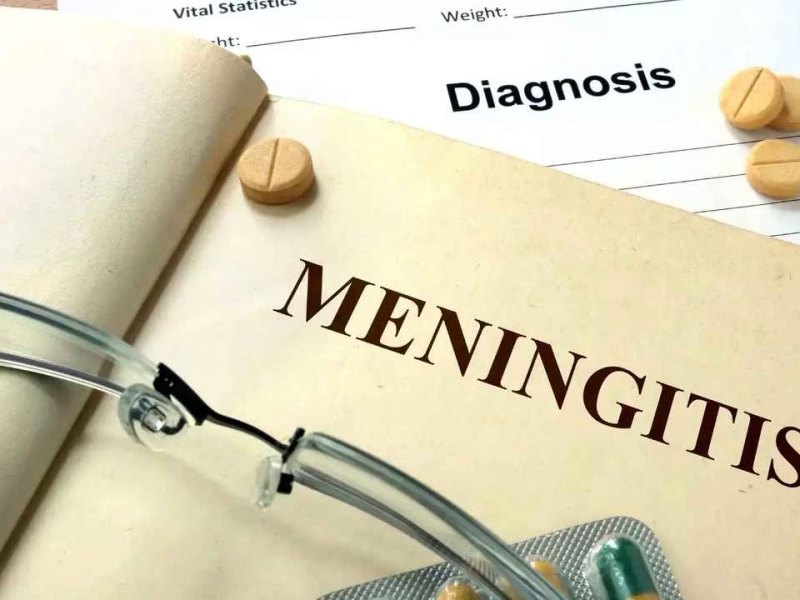WHO Guidelines on Meningitis: The World Health Organization (WHO) has launched its first-ever global guidelines on the diagnosis and treatment of meningitis—a significant step toward improving patient care and reducing the global burden of this life-threatening disease. Despite the availability of effective vaccines and treatments, meningitis continues to pose a serious public health risk across the world.
Understanding Meningitis
Meningitis refers to the inflammation of the protective membranes surrounding the brain and spinal cord. It can be triggered by various infectious agents, primarily bacteria and viruses. Among these, bacterial meningitis is the most dangerous, capable of causing death within 24 hours if left untreated. According to WHO data, approximately 2.5 million meningitis cases were recorded globally in 2019, of which 1.6 million were bacterial in origin, resulting in an estimated 240,000 deaths.
The Broader Impact
Beyond its immediate health threat, meningitis carries long-lasting consequences. Around 20% of individuals who survive bacterial meningitis suffer from permanent complications, often leading to a diminished quality of life. The disease is most prevalent in low- and middle-income countries, with sub-Saharan Africa’s “meningitis belt” being especially vulnerable to frequent and severe outbreaks.
New WHO Guidelines on Meningitis Diagnosis
The new WHO guidelines offer detailed, evidence-based recommendations for managing meningitis in both children and adults. They address key areas such as:
- Early and accurate diagnosis
- Appropriate antibiotic treatments
- Supportive and follow-up care
- Management in both epidemic and non-epidemic settings
These guidelines update and expand upon earlier recommendations from 2014, shifting the focus from solely managing outbreaks to delivering holistic care in all settings.
Focus on Equity and Accessibility
Given the disproportionate burden of meningitis in resource-limited settings, the guidelines have been tailored to meet the needs of healthcare systems in low- and middle-income countries. They provide practical support for healthcare workers across all levels—from emergency care to outpatient services—and serve as a valuable tool for policymakers, educators, and health program planners.
Toward a World Free of Meningitis: The 2030 Roadmap
These new recommendations are closely aligned with WHO’s global strategy, Defeating Meningitis by 2030, which aims to eliminate bacterial meningitis epidemics and significantly reduce related illness and death. Key strategic areas include:
- Strengthening prevention and control
- Enhancing access to diagnosis and treatment
- Improving care and rehabilitation services
The Call for Global Action
To achieve the 2030 targets, strong political will and increased investment are crucial. Raising public awareness, enhancing community engagement, and ensuring access to education about meningitis prevention and care are all vital. The success of these guidelines depends not only on clinical implementation but also on a united global effort.












